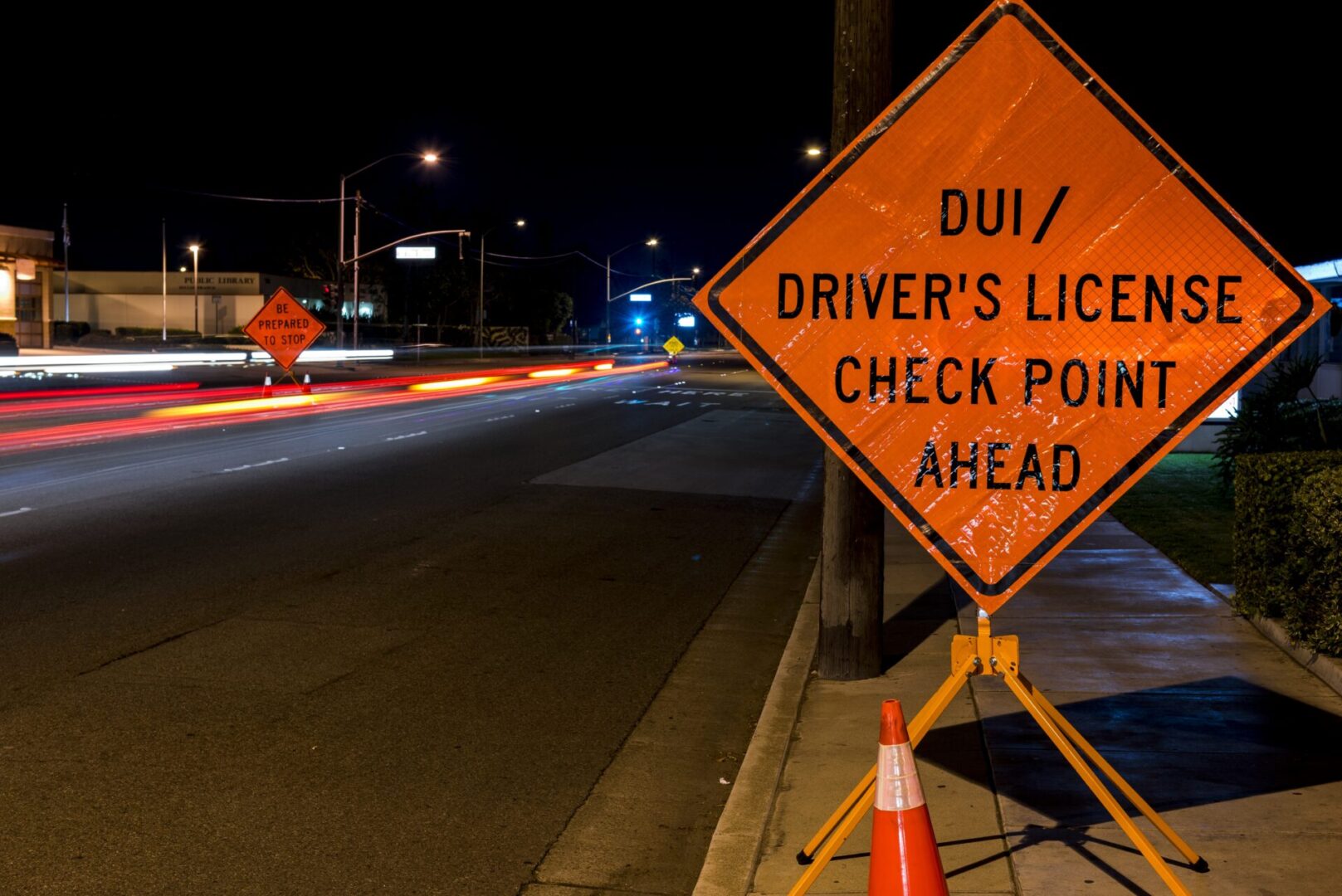ORANGE COUNTY'S "BEST" OR "TOP-RATED" DUI DEFENSE LAWYERS RATED BY SUPER LAWYERS, ORANGE COUNTY'S "TOP-RATED" DUI DEFENSE ATTORNEYS
DUI Checkpoints and The Advanced Publicity Requirement
Orange County DUI Attorneys Providing DUI Defense in Orange County - Laguna Hills, Laguna Beach, Orange
CALL NOW!
FREE CONSULTATION: (949) 235-2250




